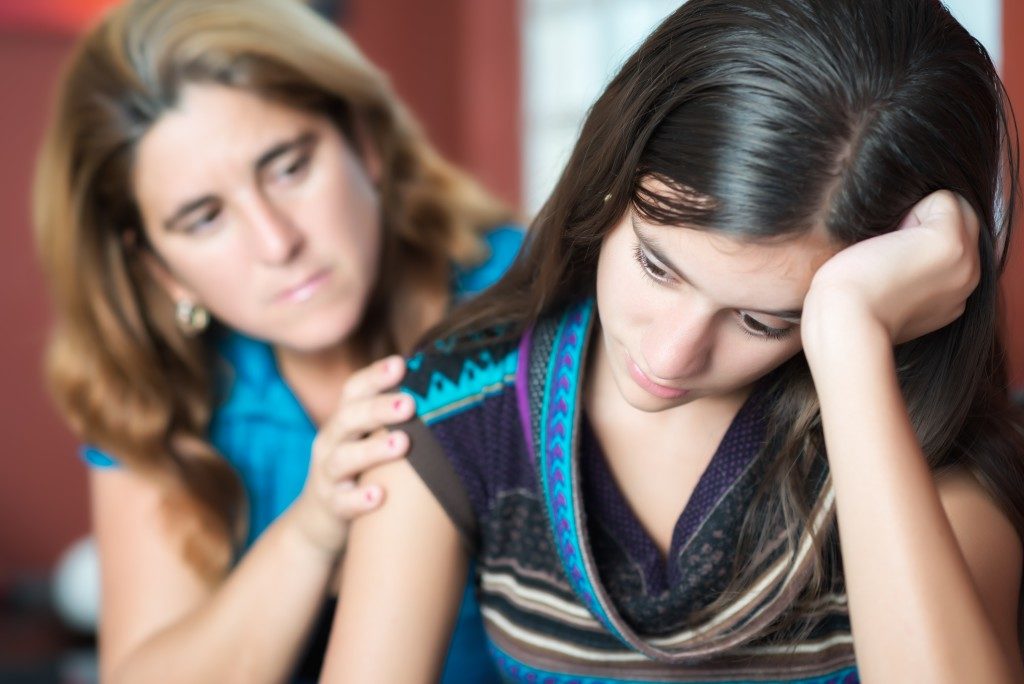Your teenage daughter received a diagnosis of depression. It’s heartbreaking to watch your beloved child go through this ordeal. How can you help? There are a lot of ways you can support her through this challenging time.
You can start with the following:
1. Choose the right environment
School is where teenagers spend most of their time, so it should have the right kind of environment for someone with mental health issues. If you think traditional high schools don’t have the appropriate atmosphere, you can consider enrolling your child in educational systems that adopt a whole-school approach. This kind of program integrates therapeutic learning into academics. Search online for reviews about Eva Carlston Academy, Gateway Academy for boys, and other schools that put a premium on their students’ mental health and well-being.
Of course, the road to recovery should start at home. Cultivate a supportive, but not stifling, environment in your house. You can start by preparing healthier meals, planning movie marathons, and other simple activities you know your daughter will enjoy.
2. Seek professional help
Depression is a disease that needs clinical attention just like other illnesses. Almost 90 percent of patients with depression will eventually respond well to treatment, so seeking professional help may allow your child to get better faster. Nearly all patients gain relief from their symptoms. A health professional will conduct a thorough examination and determine the severity of your kid’s depression to know what kind of treatment will work best.
One common factor that affects a person’s depression is brain chemistry. Doctors may prescribe antidepressants to address the chemical imbalance in the patient’s brain. It’s important to monitor your child’s medication intake to know if the medicine is working or not. If there is little to no improvement after a few months, the psychiatrist can adjust the dosage your child takes. There may also be situations when the prescribed medication causes unwanted side-effects. In these cases, the psychiatrist will have to recommend a substitute antidepressant.

Your kid may also undergo psychotherapy or “talk therapy,” which goes hand-in-hand with antidepressant medication. This addresses the behavioral processes and distorted thinking of your child that may be influencing her depression.
Psychotherapy usually only involves the patient, but it can also be conducted as a group. Family members may be invited to a session to address issues at home and to foster healthier relationships.
3. Listen
Encourage your child to talk. You can start by asking how her day went. People with depression usually think nobody understands them, so it’s important to listen to whatever she has to say. Establish a judgment-free home to let your child know that she’s not alone. However, it’s also important to know when to give her space.
Know more about depression, its causes and symptoms, and other mental health illnesses to get a clearer picture of what your child is going through. If you’re well-informed, you can be better-attuned to her needs and you’ll be able to better assist your child on the road to recovery.



